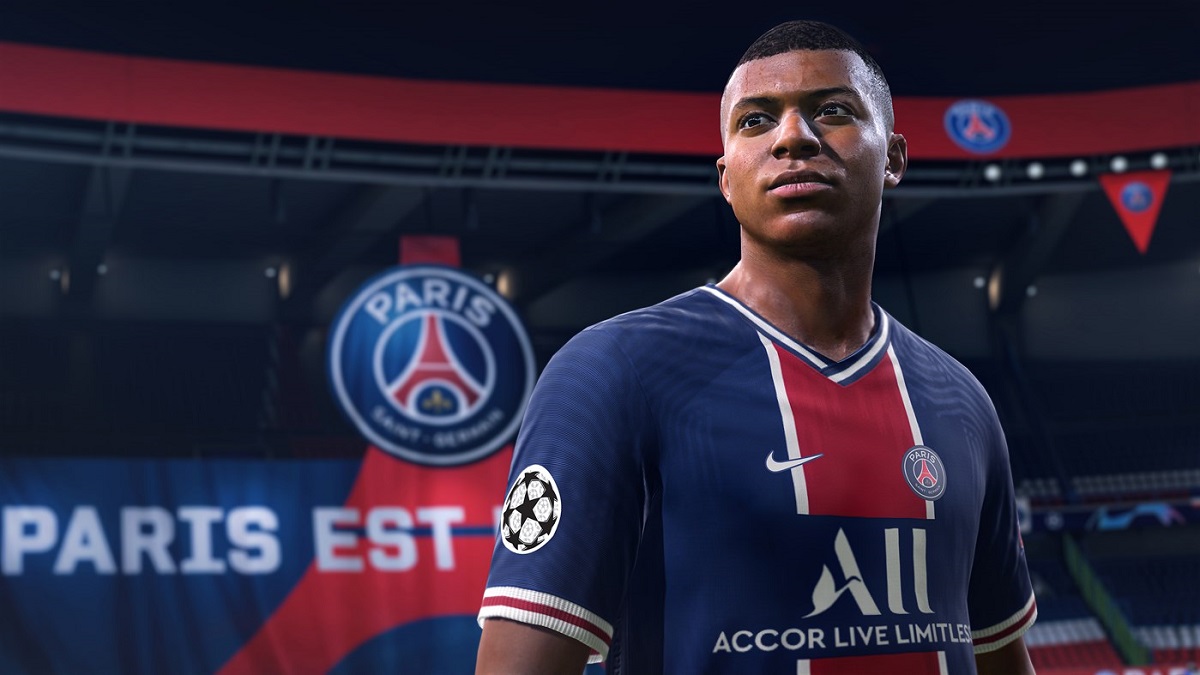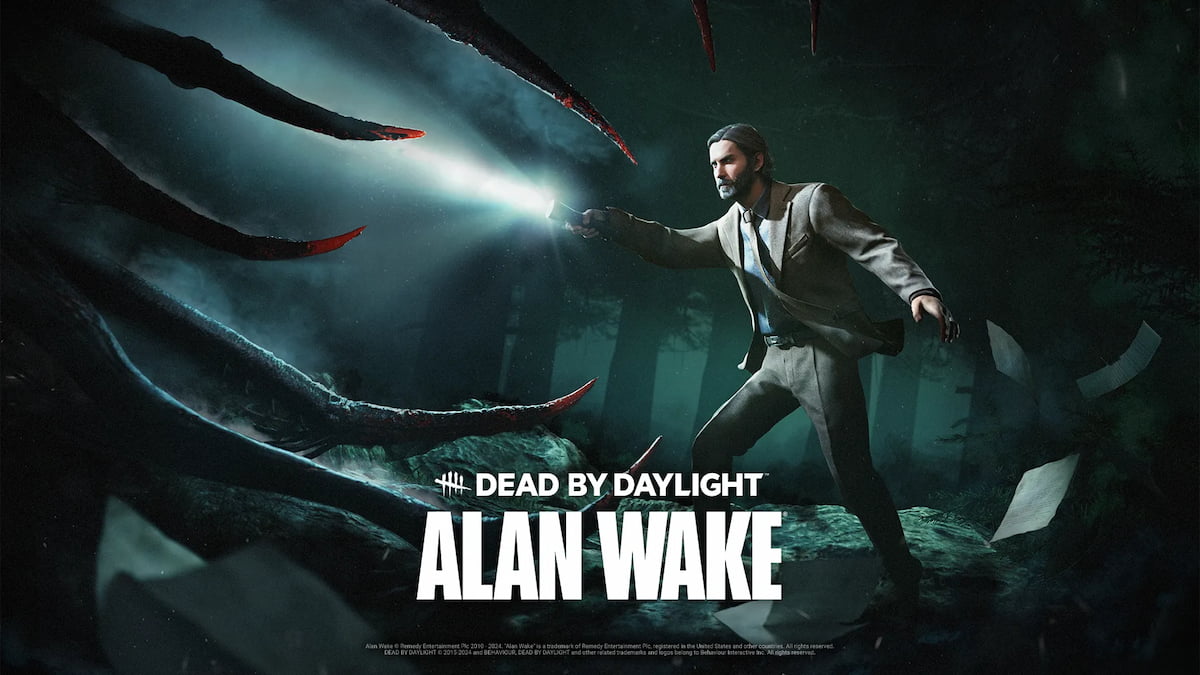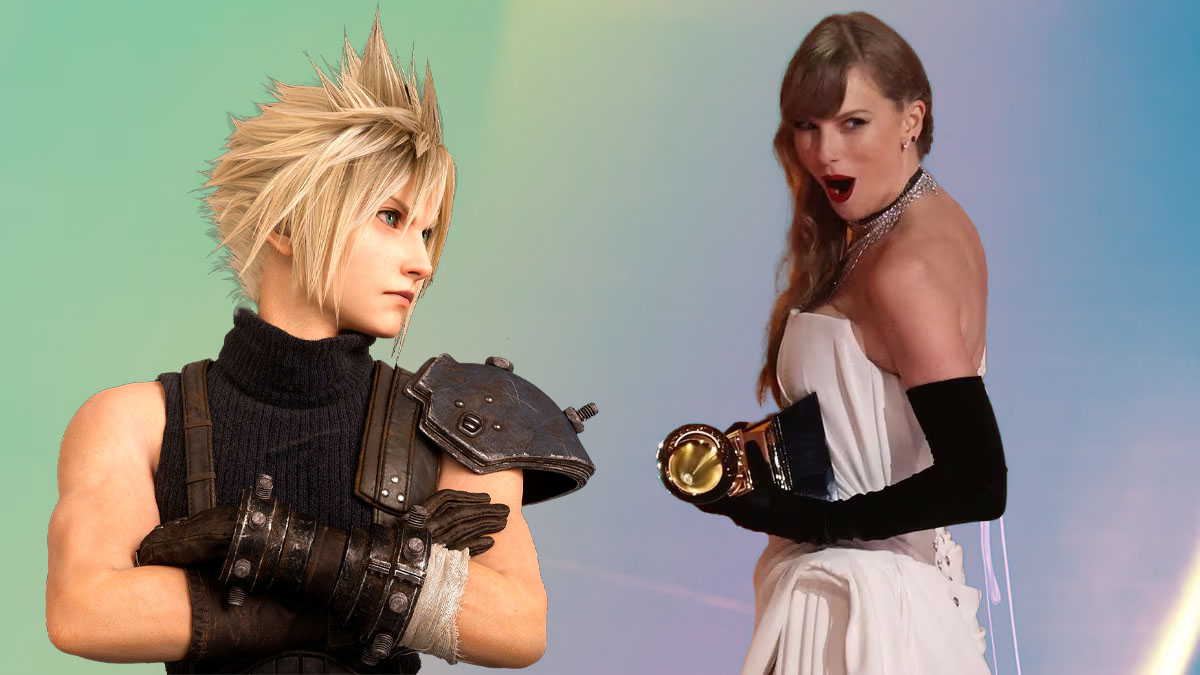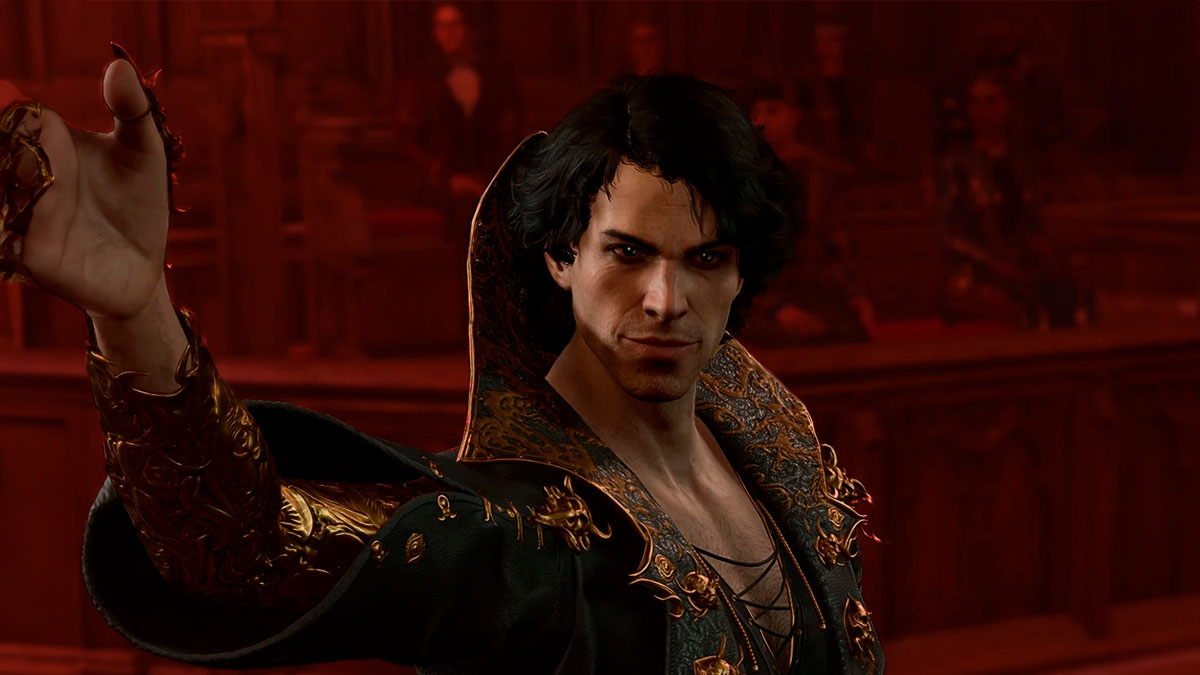If there is a franchise that you can guarantee will see huge sales numbers each and every year, it’s EA’s FIFA series. Utilizing the name of football’s governing body, the series boasts a number of fully licensed teams and leagues available for players to use every year.
Such is the popularity of football, especially in Europe, that the game is easily the best-selling sports title in history. It sold 260 million copies across the series by 2018, with a further three annual releases since. In the U.K., one of the game’s biggest markets, FIFA 21 has been dominating the charts since release, with only the behemoth Call of Duty knocking it off top spot some six weeks after release.
But with those sales comes an unwanted reputation, predominantly among more traditional video gamers, for both the game and its fans. “FIFA players don’t care about quality, they will buy the same game every year.” Words to this effect are not uncommon to hear from those who don’t play the series. To a degree, even regular FIFA players would agree.
However, as someone with experience on both sides of the argument, I find this judgment harsh and, frankly, unfair on both accounts. But that’s not to say that EA should avoid scrutiny for its greed and arguably predatory practices.
Credit when credit’s due

To preface, I’m no pro-level expert when it comes to FIFA, but I’ve played my fair share of each game for the last 10 years or so, enough to be able to distinguish the changes that are made with each iteration. I even reviewed this year’s edition of the game and scored it at a 7/10, citing that improvements on the pitch were not enough to hide that it’s almost identical to FIFA 20 everywhere else. It’s important to remember that looking at the game as objectively as possible, the whole package has not improved over last year’s edition.
But when you’re a fan of a series, it’s not the window dressing that really matters, but rather how it plays on the pitch. And what non-fans don’t see is that EA makes significant changes in FIFA’s gameplay mechanics every year.
It helps to think of it as akin to Riot Games making balance changes and camp location adjustments on Summoners Rift in League of Legends. If you are unfamiliar with how MOBA games work, you might think that it looks no different. But you can bet that a serious League player will tell you otherwise. Fundamentally, while Riot doesn’t charge $60 per annual overhaul, this is no different from the way EA updates FIFA.
Another example is in the animations. League of Leagues is fairly basic in its use of graphical fidelity and styling, so changes with damage numbers can be made incrementally without imbalancing how the game functions. FIFA’s motion is built on a complex physics engine that requires precise changes to avoid breaking the game. You can tune small elements, like the ball speed and power numbers, but significant changes on the existing foundations can risk causing game-breaking bugs.
This is almost certainly why EA released a full title this year, given what has been improved. The 2020 release may have initially reviewed well, but it matured poorly. FIFA 21 is one of the most poorly received games in years by critics, and yet, many fans feel it’s a step up in each of its on-field (and some off-field) components. Reddit has provided plenty of examples of this, with praise for the career mode, balance of the gameplay, and consistency in the AI, especially with defending.
Even Steam reviews, at the time of this writing, are currently rated Mostly Positive at 73%, which is surprising when you consider how volatile the PC community can be toward EA’s standard moral practices.
From a gameplay standpoint, EA does not copy and paste, and with this year’s edition as proof of that, the developers deserve praise.
Giving the people what they want

Repetition is not the series’ only misunderstood trope, but this one is more of a gray area.
If you’re unfamiliar with Ultimate Team, it allows fans to bring footballers from teams across the world together to play in a card-based system. After finding a card, you can use the player in your team for a set amount of games, meaning that, given enough time, you can create your dream team.
The problem here is that it’s a mode that relies on gacha mechanics, where players can use real-world money to purchase randomized packs of player cards, similar to packs of cards for Merlin football sticker books that were hugely popular in the ‘90s and early 2000s. While the physical stickers could be used as collectibles, the argument is that FIFA makes any collected card redundant when it turns over each annual release.
Ultimate Team’s pack system also received criticism for the fact that these systems would appear to promote gambling by allowing hunters of marquee footballers to play the long odds. Belgium outright banned players from purchasing items with these mechanics, and gambling commissions in other countries have been investigating them in recent years. But EA insists its product is no different to surprise toys, like the LOL Surprise! range.
While perhaps morally questionable, what this doesn’t recognize is that Ultimate Team, which launched on FIFA 09 as a paid add-on, is simply serving the desires of a fan base that enjoys what it provides. EA has even worked to give value to cards that would otherwise be redundant through modes like Squad Building Challenges, which uses unneeded cards for replacement rewards, often for the better.
The series has also typically done a good job of balancing teams playing against each other, so while a player who has better cards from buying more packs may have a slight advantage, it’s still ultimately down to skill. If paying for packs equated to paying to win, you would never see teams with all the best players lose games, and that’s simply not the case.
Damned if EA do, damned if EA don’t

Ultimately, FIFA’s yearly release comes down to spending patterns. The idea that a game shouldn’t have these mechanics to begin with may have merit, but the revenue generated from Ultimate Team doesn’t support claims that players don’t want it, or, at the very least, that players continue to put up with it. If it did, players would simply stop voting with their wallets.
And the same can be said for the yearly full-priced release. EA is releasing a full game every year because people will pay for it, and when people stop paying, EA will figure out another way to make its money, or simply shutter the series when it’s no longer profitable. Considering its consistent sales growth, that’s not likely to happen any time soon.
Without following where EA has taken its controversial live-service mode since inception closely, leveraging criticism at the publisher feels like a dig for its actions over past years rather than its current development practices. You can mock previous malpractices, but it’s difficult to claim that the company is not attempting to provide some form of value to its player base, at least when it comes to its biggest sports franchise. To paint the picture that EA simply changes the number on the FIFA box and title screen and pockets the loot box revenue with zero effort each year is disingenuous.
There has been evidence throughout the years that the franchise morphs and changes to keep everything on the pitch fresh and authentic, especially at the launch of new console generations. Just like in League of Legends, it simply takes a trained eye to pick up on these improvements. And whether or not those updates are worth the yearly cost is ultimately up to you, and FIFA’s players, to decide.










Published: Dec 4, 2020 01:20 pm